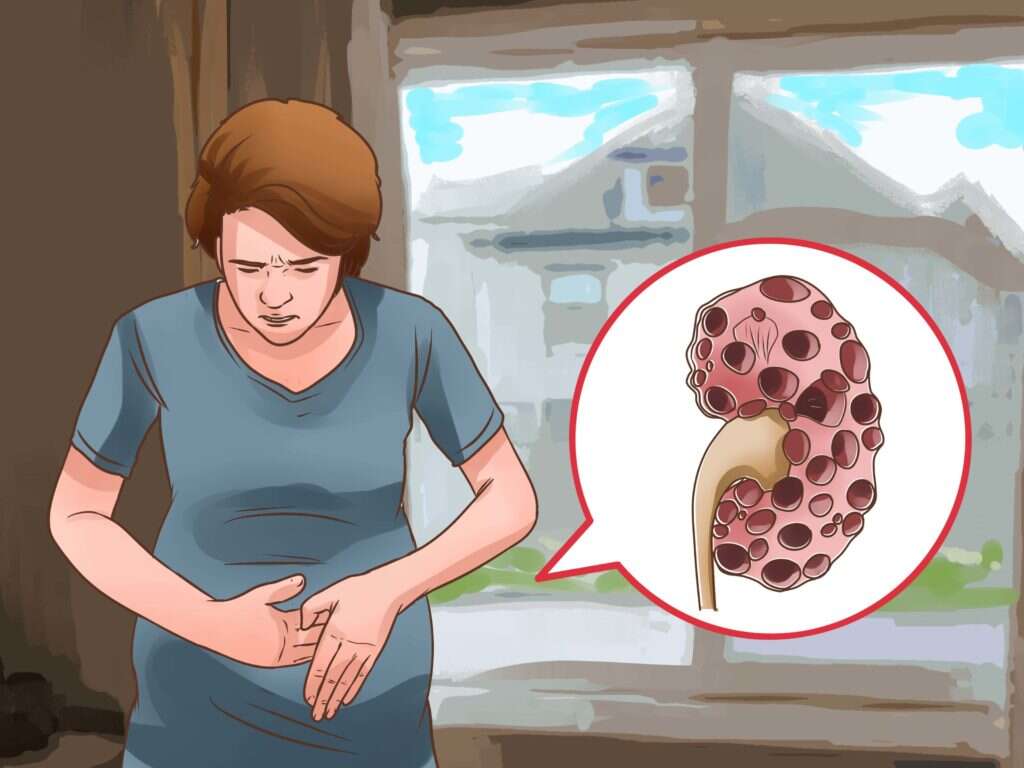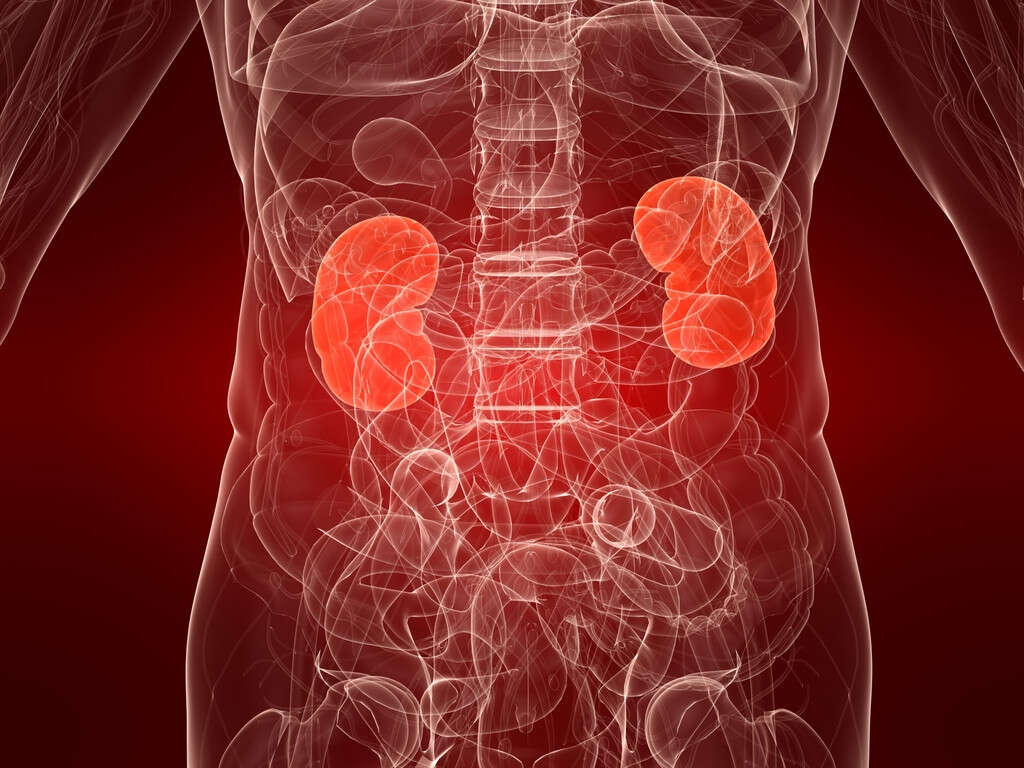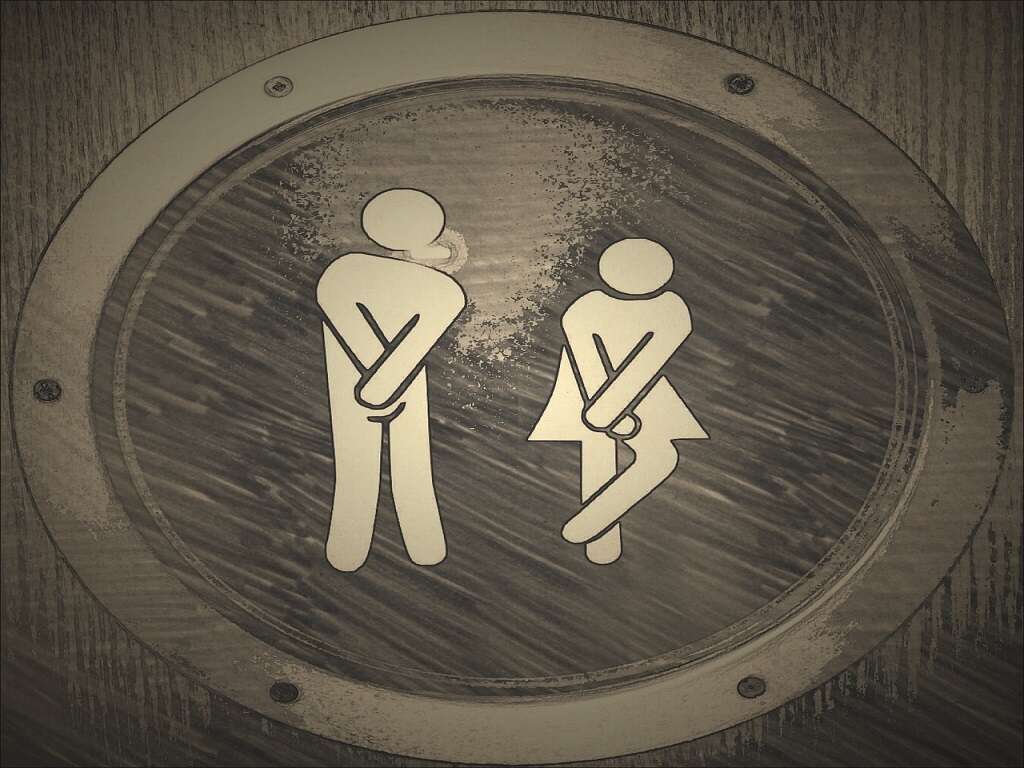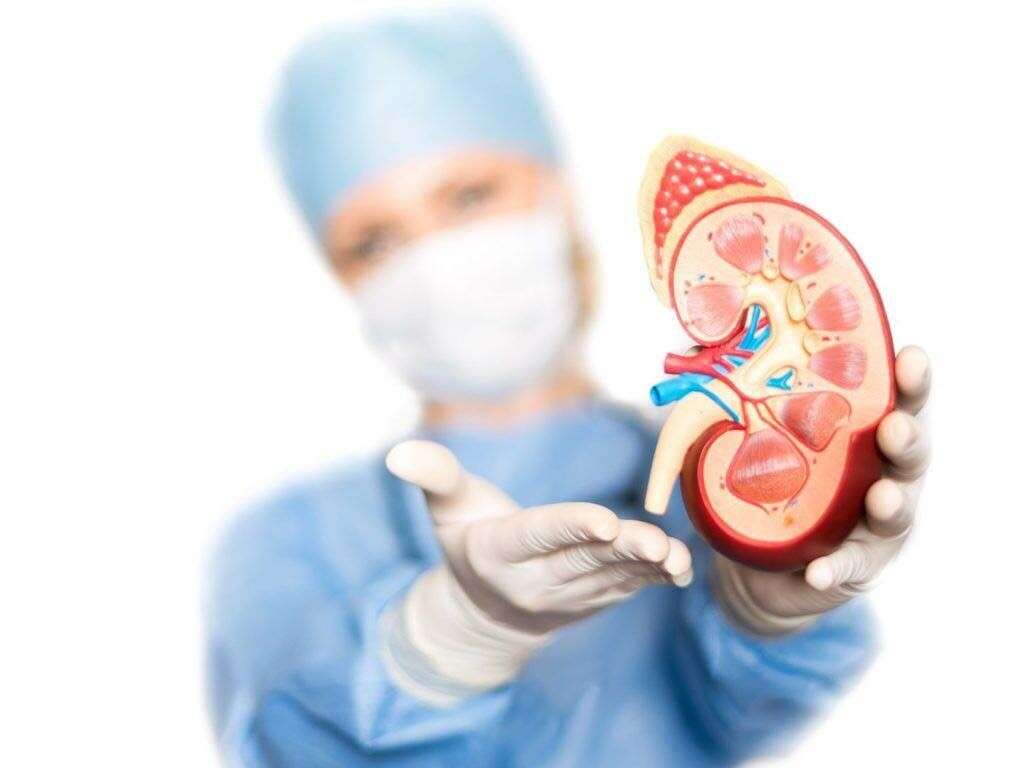What Is Kidney Failure?
Our body is always creating waste products that are a result of our metabolism, and other processes. These waste products are then transported in our blood to natural filters that are known as kidneys. These kidneys help to remove the waste products from our blood, and this helps to keep our blood clean.
These filters are very important to us for a variety of reasons. If they were no longer able to do their job then our blood will become increasingly toxic, and balances of chemicals and minerals would be affected. It is a potentially very dangerous condition, but it can often be managed to limit the impact on the patient’s life.

1. Kidney Failure
Kidney damage is a condition where you lose the ability to filter waste products from your blood. This will mean that the levels of waste products in your blood will begin to accumulate. This can cause a number of unwelcome symptoms. In some cases, levels of blood toxicity can increase to the point where they are life-threatening.
There are numerous reasons why your kidneys can begin to fail. These include disease, injury, and simply not taking good care of your body. Kidney failure cannot be cured, but it can often be treated. Kidney failure can be broken down into two main categories, which are acute, and chronic.
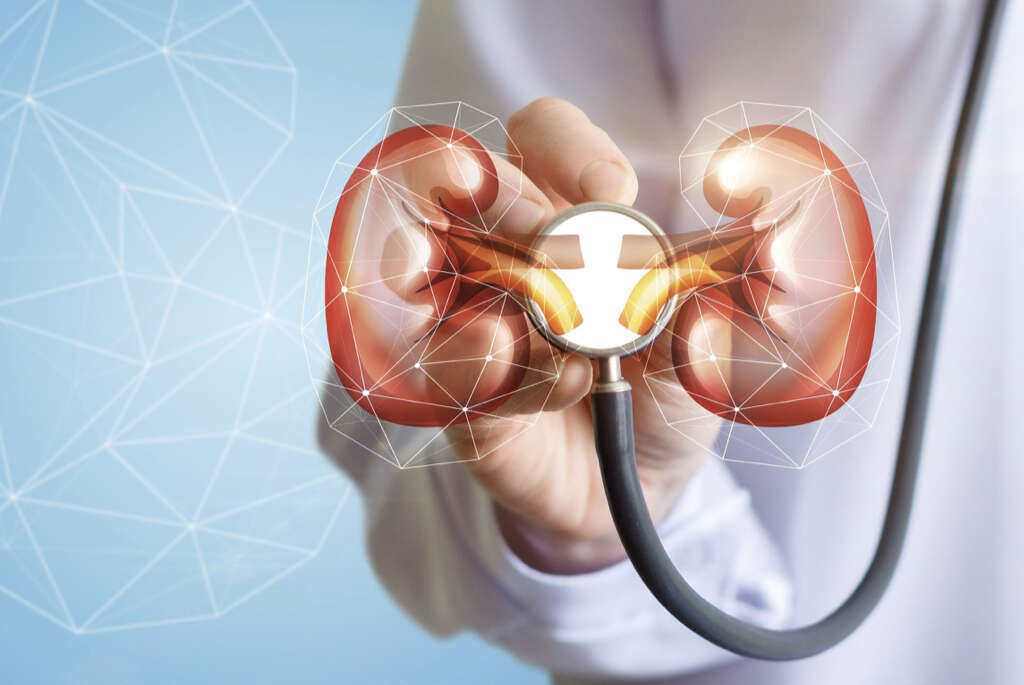
2. Acute Kidney Failure
Acute kidneys disease happens relatively suddenly. This can mean that the levels of waste will also accumulate suddenly, and the patient’s symptoms will advance rapidly. This means that acute kidney failure tends to be more dangerous than chronic kidney failure is, but it can still be treated in many cases.
Acute kidney failure can be caused by factors like physical damage to the kidneys from an injury. It can also be caused if the flow of blood to the kidneys is impeded. Complications that prevent the blood from flowing freely out of the kidneys are another potential underlying cause of the condition.
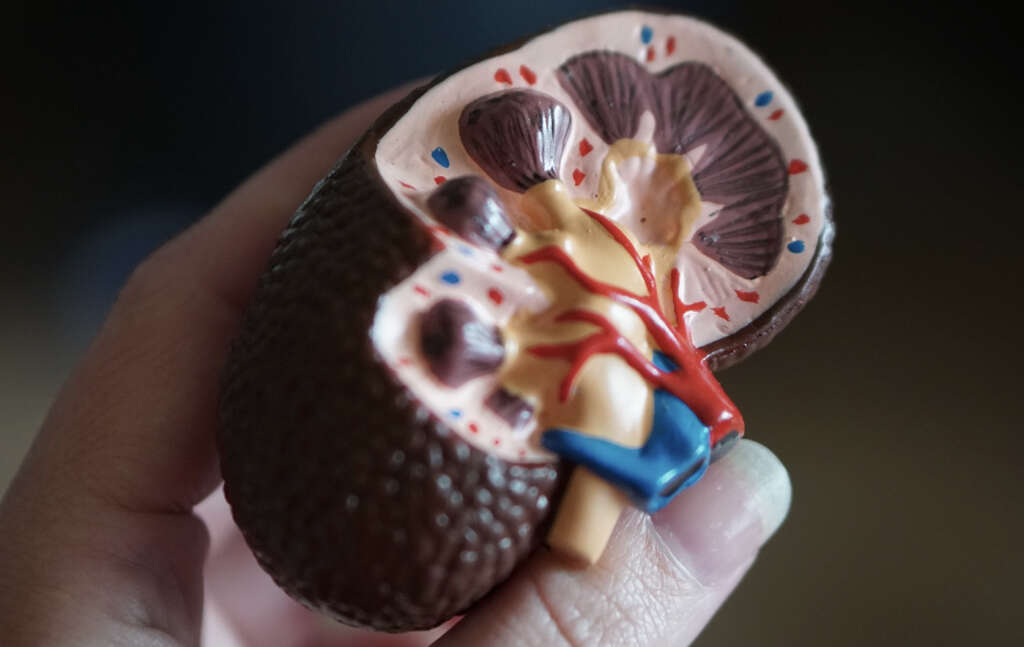
3. Chronic Kidney Disease
Chronic kidney disease tends to develop more gradually, although it will also last for longer than 3 months. It tends to be easier in the early stages, but the patient will often not be showing symptoms. This means that the condition will likely be missed until it gets worse. Causes of chronic kidney disease tend to include medical conditions like diabetes.
Chronic viral diseases like hepatitis and HIV/AIDS are also potential causes, while some types of frequent urinary tract infections can also cause damage. Infections that cause inflammation are another potential factor, while polycystic kidney disease is another potential culprit. Long term use of certain drugs, and alcohol, can also be a cause.
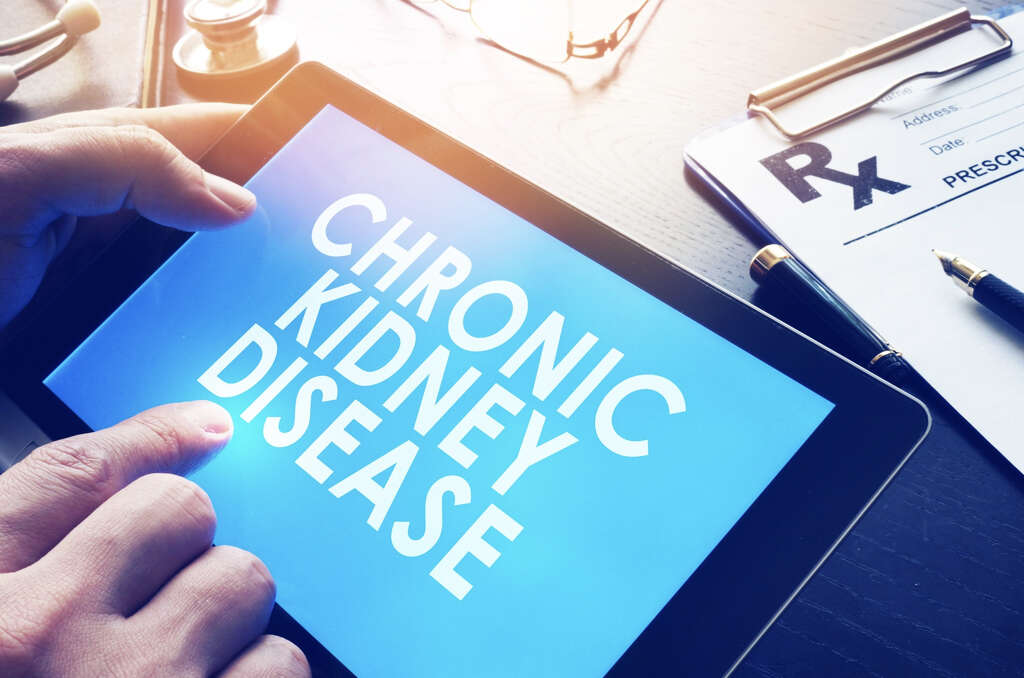
4. Symptoms
Symptoms often don’t appear in the early stages because the kidneys have time to adapt. When symptoms do start showing, however, they can include a loss of appetite, nausea, and vomiting. The patient may also feel weak and fatigued, have difficulty thinking clearly, and they can also have problems sleeping. A build-up of fluids in the blood can also cause their patient’s skin to become itchy.
A high blood pressure is another potential symptom, and muscle cramps and twitches can also be symptoms. A metallic taste in the mouth is another fairly common symptom, as is difficulty sleeping, and swelling in your feet and ankles.

5. Complications
In addition to the symptoms mention, kidney failure can also cause complications, some of which can be serious. These can include weak muscles as the blood is not carrying the right balance of electrolytes we need. It can also result in a condition known as pericardium, which is an inflammation of the heart’s lining.
Kidney failure can cause further damage to the kidneys, potentially resulting in serious, permanent damage. This can mean that the patient needs on-going care just to keep them alive. In the more severe cases, kidney failure can lead to death, so it is wise that we take care of our kidneys the best we can.

6. Who’s At Risk
Kidney failure can happen in pretty much anybody, and anybody can get injured or fall sick with a disease that causes the condition. However, some people are more likely to develop the condition than others. This includes elderly people, and people with diabetes.
People with heart failure and kidney disease are also in a higher risk group. Some cancers can cause kidney failure, as can the treatment of some cancers. Peripheral artery disease is another potential factor, and a high blood pressure can also cause kidney failure. People that use certain drugs are also at a higher risk, as are people who drink alcohol regularly.
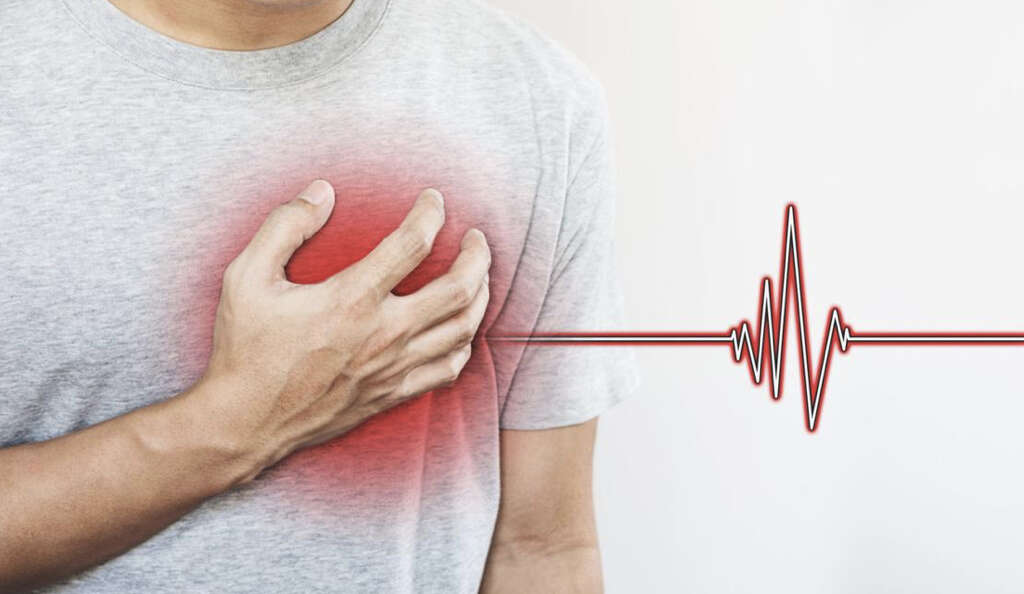
7. Prevention
There are some potential causes of kidney failure that we can do little to nothing to protect ourselves from. However, there are steps that we can take to help keep us as safe as possible from the disease. This largely means living a healthy lifestyle, drinking alcohol in moderation only, and eating a healthy, balanced diet.
Being careful over the use of certain medication can also help to keep you safe. While using certain medication occasionally is OK, using them too much increases the chances of problems occurring. If you already have a kidney condition then managing it the best you can will help to prevent serious complications from arising.

8. Diagnosis
You doctor will need to know about your symptoms, about your medical history, and your family’s medical history. They may also need to ask you questions about your lifestyle, and about any medication you are using. If kidney failure is suspected then tests will be needed to help confirm the condition.
A urine sample will likely be taken, while a blood sample will allow experts to measure how toxic your blood is. Imaging tests may also be used that will help experts to get a visual look at the condition of your kidneys. In some cases, a biopsy of the kidney may also be required.

9. Treatment
Kidney diseases cannot be cured and any damage cannot be reversed. However, living a healthy lifestyle will help to prevent the condition from getting worse in some cases. Some medication may also be prescribed that will help to manage symptoms caused by the condition.
When the kidneys are no longer able to keep up, the patient will need dialysis, which is a procedure where waste products are removed from the patient’s blood. There are two ways this is achieved. One is peritoneal dialysis, which involves using a solution that helps remove waste from the blood. The other is hemodialysis, which means the waste is removed by a machine.
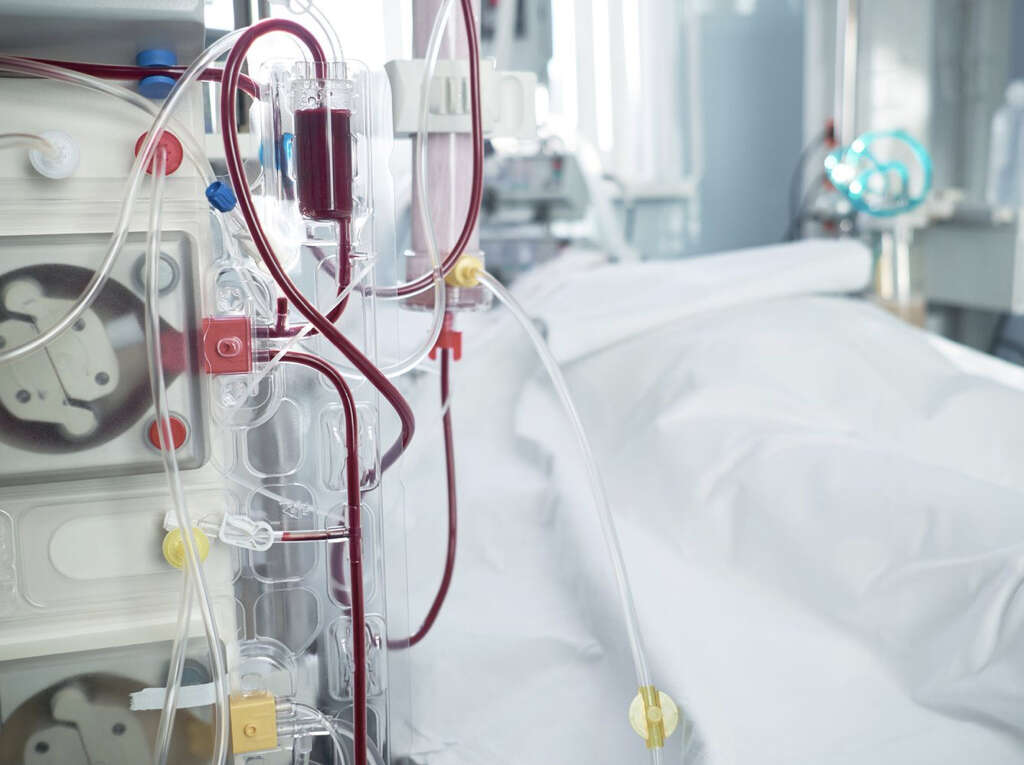
10. Kidney Transplant
In some cases, the patient will simply be given a new kidney. This will typically mean from a healthy person that has recently passed away, although it may sometimes be from a still-living person who has given up one kidney. The patient’s diseased kidney is removed, and the new kidney is transplanted into the patient’s body where their own kidney used to be.
Having somebody else’s bodily tissues in your body creates a very good chance it will be rejected by your own immune system. This will mean the patient will have to be on medication for the rest of their lives to prevent the organ being rejected.







